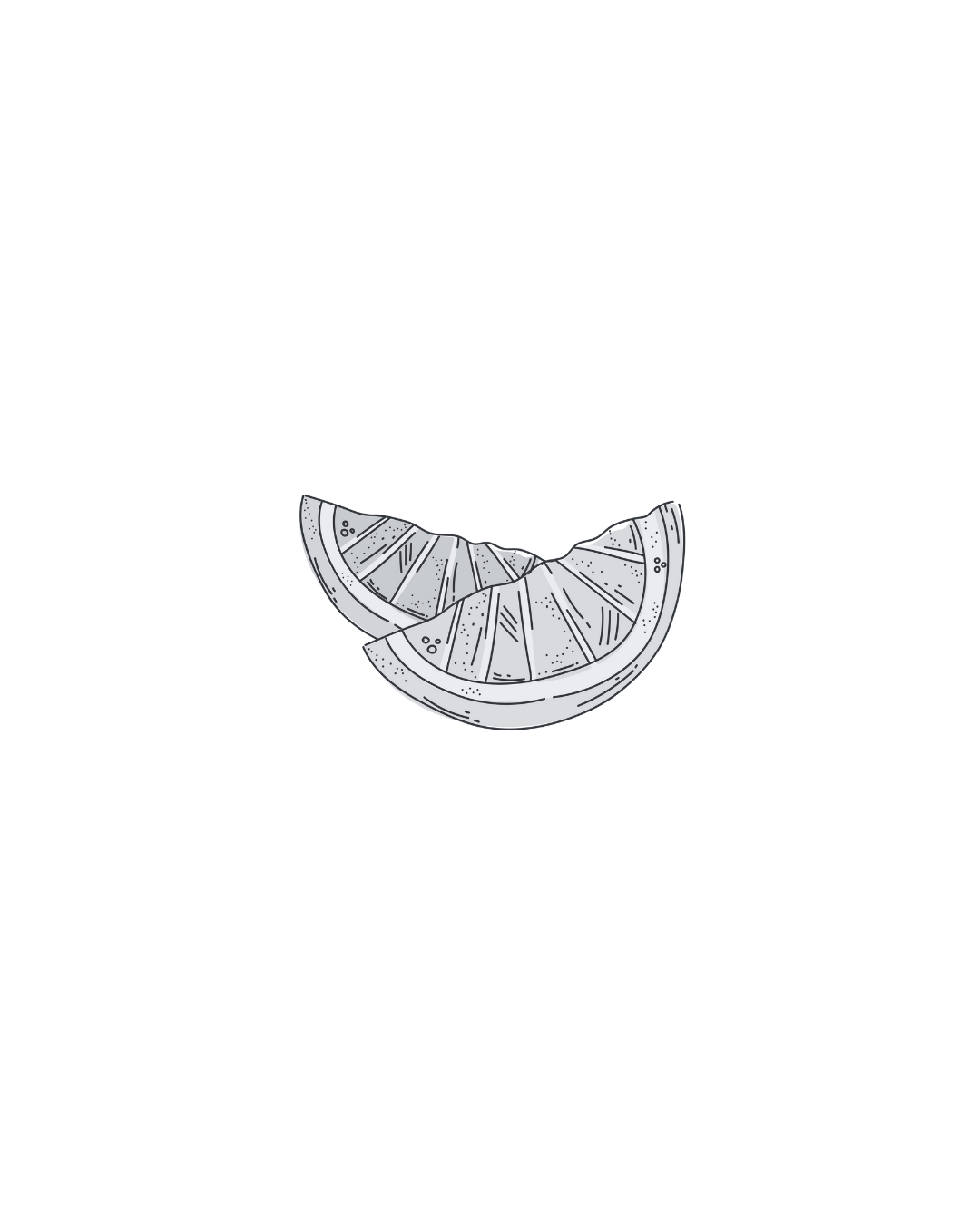Description
A Diploma Course in Food Processing and Preservation is designed to equip students with the skills and knowledge necessary to work in the food industry, focusing on the processing, preservation, and safety of food products. This program typically combines theoretical education with practical training to prepare students for various roles in food manufacturing, quality control, and product development. Here are the main components of the course:
Key Areas of Study
Introduction to Food Processing: Understanding the basic principles of food processing, including the different methods used to transform raw ingredients into finished products.
Food Preservation Techniques: Learning various methods of preserving food, such as canning, freezing, drying, fermentation, and the use of preservatives.
Food Chemistry: Studying the chemical composition of food and how processing techniques affect flavor, texture, and nutritional quality.
Microbiology of Food: Exploring the role of microorganisms in food spoilage and preservation, including beneficial and harmful microbes.
Quality Control and Assurance: Understanding the principles and practices for ensuring food quality and safety, including good manufacturing practices (GMP) and hazard analysis critical control points (HACCP).
Food Packaging Technology: Learning about the importance of packaging in protecting food products, extending shelf life, and providing safety information.
Nutritional Aspects of Food Processing: Analyzing how various processing techniques impact the nutritional value of food.
Product Development: Gaining skills in creating and testing new food products, focusing on formulation, sensory evaluation, and market trends.
Regulations and Standards: Familiarizing students with food safety regulations and standards governing food processing and preservation.
Environmental Considerations: Understanding sustainable practices in food processing, waste management, and minimizing environmental impact.
Career Opportunities
Graduates of a Diploma in Food Processing and Preservation can pursue various career roles in the food industry, including:
Food Technologist: Involved in the development, processing, and improvement of food products, ensuring they meet safety and quality standards.
Quality Assurance Officer: Monitoring and ensuring that food products meet safety, quality, and regulatory standards throughout the production process.
Production Manager: Overseeing food processing operations in manufacturing facilities, managing staff, and ensuring efficient production processes.
Food Safety Inspector: Conducting inspections of food processing facilities to ensure compliance with health and safety regulations.
Product Development Specialist: Engaging in the research and development of new food products, focusing on innovation and consumer preferences.
Packaging Technologist: Working on the design and implementation of food packaging solutions that protect products and ensure compliance with food safety regulations.
Food Quality Control Technician: Conducting tests and analyses to monitor the quality of raw materials and finished products, ensuring safety and freshness.
Entrepreneur: Starting a business related to food processing or preservation, such as a specialty food product line, catering, or food packaging solutions.
Consultant in Food Processing: Providing expertise to food companies on processing practices, safety compliance, and product development strategies.
Further Education
A diploma in Food Processing and Preservation can also serve as a foundation for further studies, such as pursuing a bachelor’s degree in food technology, nutrition, or related fields.
If you have any specific questions about the program, career opportunities, or other related topics, feel free to ask!









